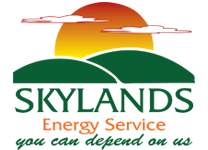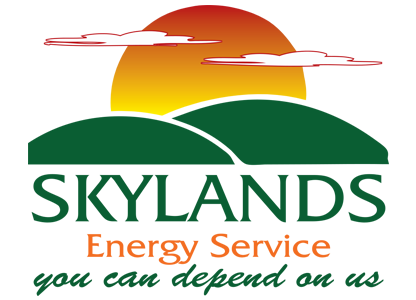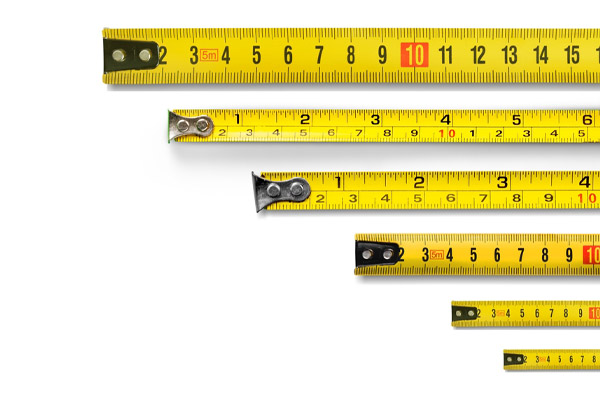
A home becomes comfortable when it feels right. In colder months, a reliable heating method is vital. Understand that there’s no one-size-fits-all when discussing boiler options. Simply opting for the largest model isn’t the solution. Instead, you need to assess various criteria and work with an HVAC expert for an informed decision. This guide will delve into how to pinpoint the right boiler size for your home.
How Big Should My Boiler Be?
Table of Contents
The boiler’s selection shouldn’t be arbitrary. It’s essential to ascertain your needs and align them with the right model. Exercise care in your choice. With good maintenance, boilers can function well for many years. If you’re committing to such a long-term appliance, it’s prudent to ensure it’s efficient, effective, and energy-conserving. A poor choice can result in inconvenience, complications, and undue expenses. To steer clear of frequent pitfalls, talk with a seasoned HVAC technician.
Related Article: How Oil Heating Systems Work
Why Getting the Right Boiler Size Matters
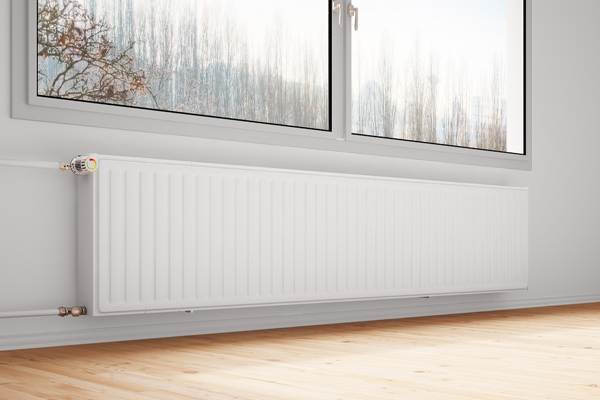
Boiler size isn’t merely about its physical measurements. Set aside concerns about its length, width, and height for now. Concentrate on its power capacity, denoted in kilowatts. This indicates how well the boiler can produce warmth. It’s crucial to opt for the right capacity for your residence – neither too much nor too little. A well-sized boiler ensures you’re not overpaying for unutilized heat.
Related Article: Wi-Fi Thermostats for Oil Heat
What Determines Boiler Size

The heating demand of a home dictates the boiler size. It’s imperative to choose one that suffices for warmth. HVAC experts can make precise computations to suggest an ideal capacity. Such professionals, with their wealth of experience, can also provide informed estimates swiftly. Share details like radiator count, home dimensions, layout, hot water consumption, and fuel type. Grasping these elements aids in boiler selection. Let’s delve into each aspect.
- Radiator Count: Have you tallied the radiators in your home? A standard four-bedroom residence typically houses ten radiators. For such homes, a 24-kilowatt boiler is often adequate. For compact homes with fewer bedrooms, a smaller capacity is suitable. Conversely, expansive family homes may necessitate more than 35 kilowatts. With around twenty radiators, an HVAC professional might suggest a 42-kilowatt boiler.
- Dimensions of the Home: What’s the size of your living space? Larger homes have more air volume than smaller ones. They need a more powerful boiler to regulate indoor temperatures. A boiler that’s too small might not provide adequate warmth during intense cold.
- Calculating Heat Loss: HVAC experts have devised a refined method to gauge the optimal boiler size. They assess the building’s thermal loss instead of just considering its size. This comprehensive method factors in elements like window count and radiator number. Additionally, attributes like total floor space, insulation variety, and other heat loss contributors are considered. The outcome gives a clear picture of the required boiler size to combat the chilliest days.
- Type of Fuel: Which fuel powers your heating unit? Some residences are connected to the natural gas network, while others depend on oil heating or LPG tanks. The fuel type can influence efficiency. Contemporary boilers might also leverage sustainable energy sources like solar. If efficiency is a priority, opt for a boiler with an impressive AFUE score.
- Number of Bathrooms and Shower Usage: A robust boiler ensures consistent water pressure without squandering energy. When contemplating the size of the property, consider bathroom count as they often demand significant hot water. How many occupants are in the residence? How often are the showers and baths in use?
Related Article: Top 10 Boiler Problems Homeowners Experience
Home Boiler Varieties
Beyond capacity, boiler type is pivotal. There are three primary models, each with its unique strengths and limitations. Key considerations include your current boiler model and space availability. Here’s a concise overview:
- Combi Boilers: Combi boilers activate only when there’s a need for hot water, ensuring minimal delay for users. As they don’t store heated water, there’s no need for tank storage, making them ideal for compact homes. They derive their name from their dual function, blending water heating with central heating. Their limitation is their inability to heat multiple water sources simultaneously.
- Traditional Boilers: These conventional boilers come equipped with separate tanks for warm and cold water. They raise water temperature through fuel combustion. Once heated, a pump transfers the water to a designated tank, ready for use whenever required. They are prevalent in older dwellings. If you reside in such a place, it’s logical to replace your existing model with a similar one.
- System Boilers: For households with many members, a system boiler can be apt. It sources water directly from the water mains and stores it in a heated cylinder. By drawing water from the main lines, it negates the need for an additional cold-water tank. Unlike combi boilers, system boilers can cater to multiple hot water sources simultaneously.
Related Article: What Are 3 Ways That You Can Tell If Your Heater Is Energy Efficient?
Downsides of Inappropriate Boiler Sizes
An excessively oversized boiler can result in swift on-and-off cycles, known as “short cycling”. This occurs as rooms heat up too rapidly, prompting the boiler to cease operation, only to restart when the warmth dissipates quickly. This can strain radiators and other components, shortening the boiler’s longevity.
On the other hand, a boiler that’s undersized may struggle to adequately warm your residence, leaving you longing for warmth on your return home. While it might eventually achieve the desired warmth on moderate days, it could falter during harsh winters. Furthermore, hot water might be swiftly depleted with multiple users.
Related Article: What Is The Best Temperature To Set Your Heating Oil Boiler At?
Final Thoughts
Boiler selection requires intricate understanding and deliberation. Homeowners who invest effort and time in this process tend to be more content with their decisions. For a prudent selection devoid of costly missteps, hire a proficient HVAC technician.
Related Article: The Ultimate Guide For Residential Boilers
Call Skylands Energy Service For All Your HVAC Needs
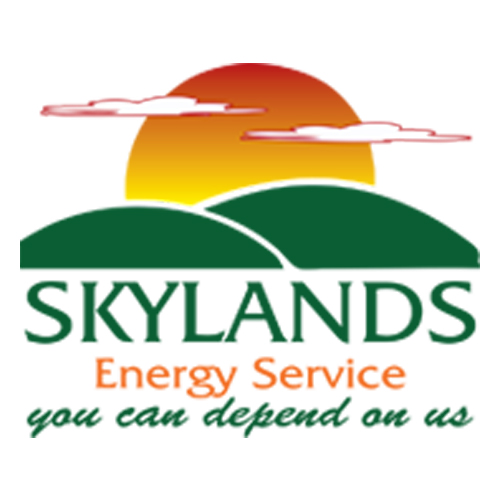
When you need top-quality HVAC services in the area, don’t hesitate to call Skylands Energy Service. Our professionally certified technicians can help you with your heating and cooling service needs, such as installations, repairs, replacements, and maintenance. They have vast knowledge, the right tools, and years of experience to perform accurate and prompt HVAC system services.
Our company offers the most affordable HVAC service rates in the area. If you need to replace your HVAC equipment, we can recommend the most suitable one for your home within your budget. We always prioritize our clients’ indoor air quality, comfort, and energy efficiency. Call Skylands Energy Service today to schedule an appointment and receive a free, in-home estimate.
Contact us now at (908) 707-1776 to find out more! Click the link to view our service area.
